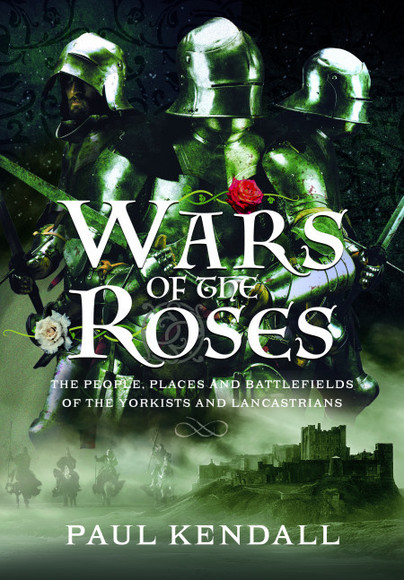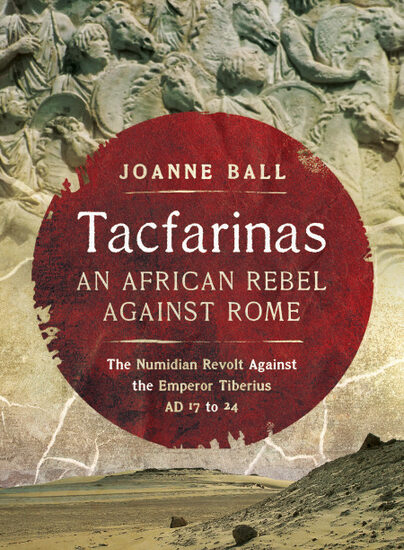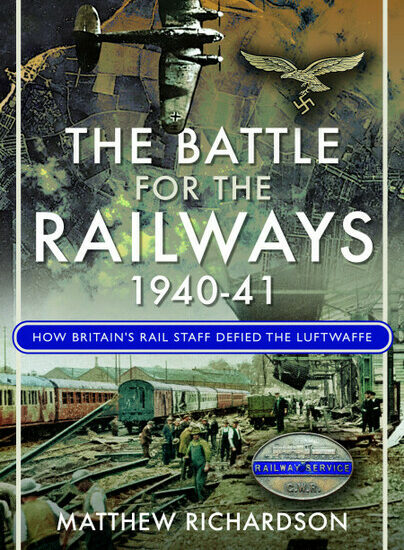World Book Day – Paul Kendall
In this guest post, Paul Kendall discusses his latest release, Wars of the Roses.
What inspired you to write it?
The discovery of the remains of Richard III was an event that inspired me to research and write a book about the Wars of the Roses. My knowledge about Richard III was sourced from watching numerous productions of William Shakespeare’s play, so it was fascinating to go beyond the Tudor propaganda try to learn about the truth about him and discovering that maybe he was not the malevolent villain that Shakespeare portrayed. Also, Henry VIII was obsessed with finding an heir to succeed him, ensuring that another civil war did not erupt in England after his demise. So, after I wrote Henry VIII in 100 Objects, I wanted to study the Wars of the Roses.
What interesting facts have you uncovered during your research?
The bell that was rung during the first battle of St Albans in 1455 still exists within St Albans Clocktower. Discovering that Edward IV had donated a pulpit bearing Yorkist heraldry and seeing it on a visit to the Church of St Mary and All Saints, Fotheringhay. Also, in the same church there is the tomb of Richard, Duke of York (father of Edward IV and Richard III) which was installed on the orders of Queen Elizabeth I. I found this intriguing that the granddaughter of Henry VII paid this respect to the father of his adversaries. While walking in the gardens of York Minster I came across, by chance, the plaque commemorating the investiture of Edward, Prince of Wales (son of Richard III) at Archbishops Palace)
What was the hardest part about writing this book?
The Wars of the Roses involved several generations and I had fathers, sons and grandsons amongst the nobility participated in the conflict which meant it was important to ensure each were referred too with their correct title, which was challenging.
Is there a unique angle to this book and if so, what is it?
The approach to this book was to simplify the Wars of the Roses to make it understandable for a general audience new to the subject and judging by some of the feedback received, I think that I have achieved this. At the same time, I hope that readers who are familiar with the subject find something new.
What has researching this book taught you?
I wished that I had researched the Wars of the Roses thirty years ago so that I would have had a better understanding about Richard III the person, not the villain presented to us in Shakespeare’s play.
What part of the book are you most proud of?
I am proud of the format of the book, in that it presents a complex piece of British history in a compact and concise way through people, places and battlefields.

Order your copy here.


